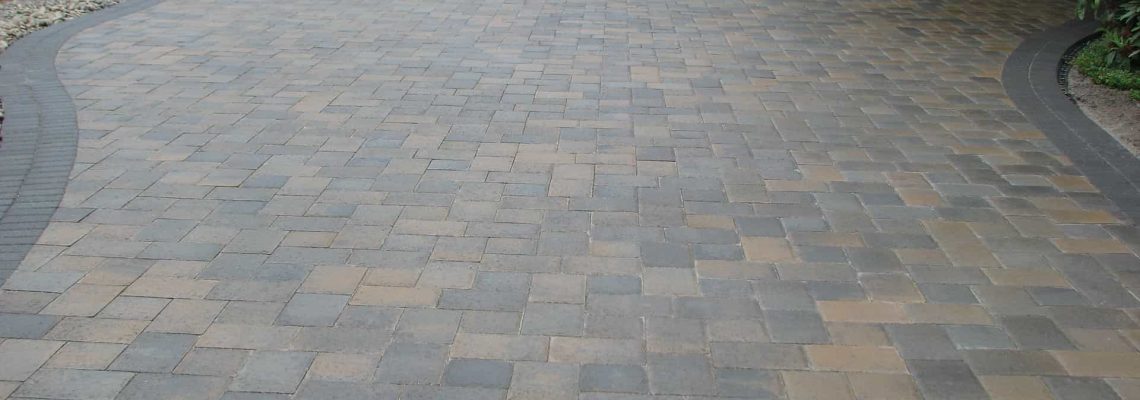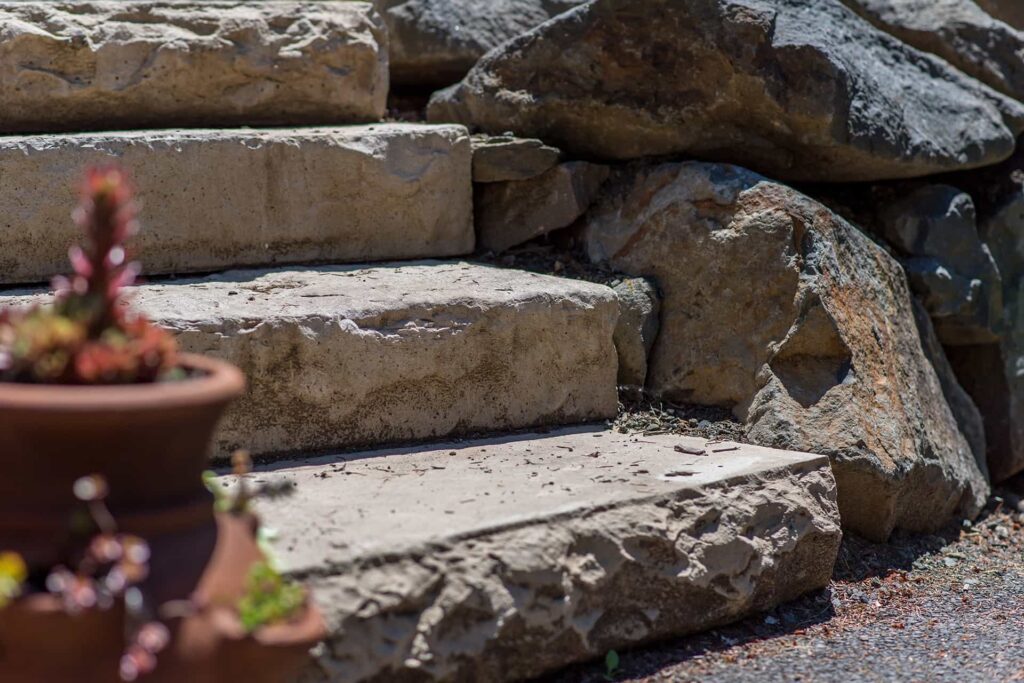No matter how strong your driveway is, it will need to be repaved at some point. The good news is that now is the time to get a paver driveway if you don’t already have one. Driveway pavers not only make your home look better, but they also make it worth more.
If you’re thinking about putting in a new paver driveway, you have a lot of options. It’s important to think about which one will work best for your home. Let’s look at the different kinds of driveway pavers made of stone to help you decide.
What Are The Different Kinds Of Home Driveway Pavers?
One of the best things about driveway paver designs is that it’s easy to find one that fits your home. This is due to the numerous different kinds of materials to choose from. So, here is a quick list of the most widely known types of materials:
- Paver and Permeable Pavers
- Flagstone
- Cobblestone
- Concrete
- Brick
It’s important to know that, in addition to the material, most of these options can be different in shape, size, and pattern. Before we talk about the pros and cons of each choice, let’s talk about some other important things to think about when designing your paver driveway.
How To Figure Out What You Want From Your Paver Stone Driveway
Even though most stone driveway pavers have some things in common, they can be very different in many ways. This means you should know why you’re repaving your driveway and what you want to get out of it. Knowing what you want to achieve will help you choose the best driveway for your needs.
Heavy Rains And Flooding
If your driveway often floods or you live in a place where it rains a lot, it’s a good idea to choose a paver driveway that can help with this. Rainwater can drain through permeable driveway pavers and into the aggregate base below, which soaks it up like a sponge. This helps lessen the amount of water that builds up and keeps dirty water from getting into nearby lakes and rivers.
Sleet, Snow, and Ice
If snow and ice make your driveway hard to use, you’ll be glad to hear that modern technology can help. A heating system can be built into stone driveway pavers. With these heated driveway systems, heat can move through the driveway to melt snow and ice on top. The water is then taken up by the soil like rain.
Eco-Friendliness
We all need the environment to live in, so being aware of the environment is more important than ever. Since this is the case, a paver driveway is good for the environment. This is because when rainwater flows to lakes and rivers nearby, it often picks up pollution along the way. But a permeable driveway lets the water soak into the soil, where it is cleaned by microorganisms and natural processes.
Cost-Effectiveness, Maintenance, and Great Durability
Repaving your driveway is an investment, so you want to get the most for your money. Since this is the case, there are three things at play here: cost-effectiveness, durability, and ease of maintenance. The less work you have to do on your driveway, the more durable it is. But the cost is also something to think about. Driveway pavers vary in price depending on the style you choose, and some are also much more durable than others. When choosing a stone paver, it’s important to think about how much it will cost to buy and how much it will cost to keep up.
Great Curb Appeal And Local Regulations
Paver driveways are the way to go if all you want is a nice-looking driveway. With so many patterns and materials to choose from, it’s easy to find something that will make your home look great. But you should always check your local rules and codes to find out what you can and can’t do when it comes to landscaping in your area. Most of the time, this isn’t a problem, but it’s better to be sure than to have to deal with the results later.
Paver Driveway Pros And Cons
Once you know your driveway goals, you can choose a stone paver. Each has merits and cons, but all might be good choices. Let’s look at the many qualities of stone paver driveways so you can choose the ideal one.
Standard Concrete Pros
Concrete is the most popular paver driveway material. They’re stylish and straightforward to install.
Standard Concrete Cons
Concrete pavers can be expensive. Temperature variations can cause fading and cracking. Concrete pavers are flexible but high-maintenance.
Permeable Interlocking Concrete Pros
Interlocking permeable concrete beats regular concrete. Small stones fill joints between interlocking concrete pavers. This makes the driveway water-permeable and flexible, reducing damage. Permeable interlocking pavers are also more eco-friendly. Later. Interlocking permeable concrete pavers enable many patterns, such as the 45-degree herringbone driveway.
Permeable Interlocking Concrete Cons
Interlocking permeable concrete pavers are an excellent long-term investment due to their longevity, but they can be more expensive upfront. A restricted budget may limit your alternatives.
Brick Pros
Brick and stone paver driveways come in a variety of styles. They’re eco-friendly, but not as much as permeable concrete pavers.
Brick Cons
Brick pavers are expensive. Usually, upfront expenses are expensive and they wear out quickly. This increases upkeep expenditures and may mean redoing your driveway sooner than you wish. Brick is usually only for individuals with huge budgets.
Gravel Pros
Gravel is versatile and resilient. It’s eco-friendly since it lets water into the soil. Gravel is cheap, as expected.
Gravel Cons
Many types of gravel aggregate look cheap. A gravel driveway may look tacky next to a fine home. Rain, snow, and other reasons can make gravel aggregate uneven. Gravel requires inexpensive but frequent maintenance.
If you would like to learn more, get in touch today.


